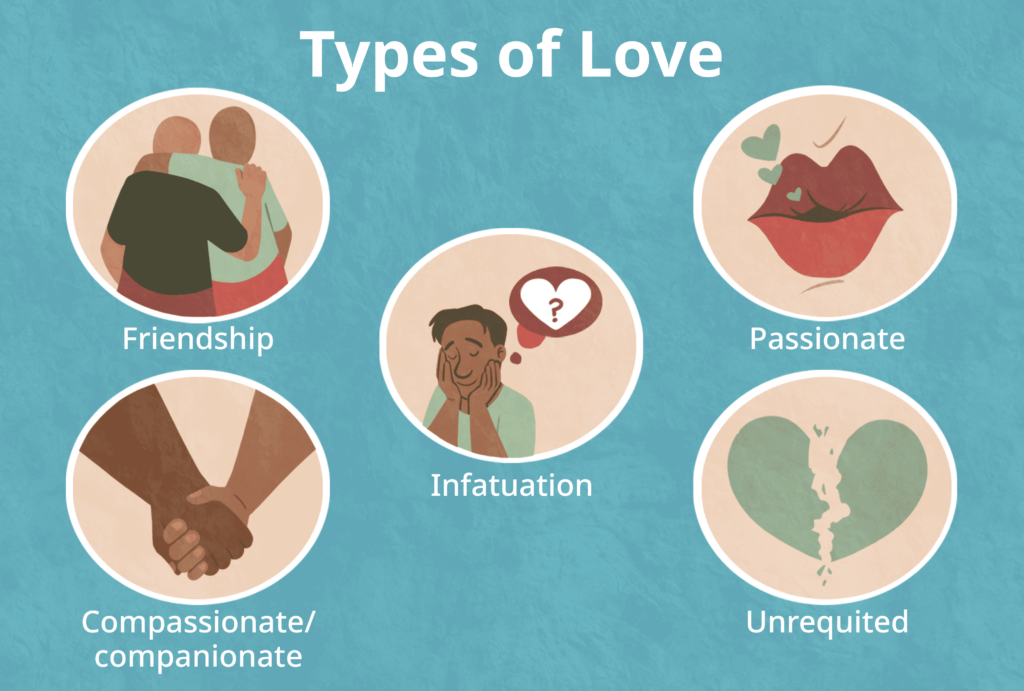Understanding Platonic Relationship: A Knowlegable Article
A Platonic relationship is a deep, meaningful connection between two people that is based on mutual respect, trust, and affection, without romantic or sexual involvement. These relationships are rooted in shared interests, values, and intellectual or emotional bonds, often transcending typical friendships. Platonic relationships offer emotional support, personal growth, and a sense of belonging, without the complexities of romantic expectations. They are essential for building strong social networks and fostering healthy connections in both personal and professional life.

What is a Platonic Relationship?
Deep emotional connections without any romantic or sexual interest characterize a platonic relationship. These relationships can exist between friends, family members, or colleagues. Platonic love emphasizes companionship, support, and mutual respect, often leading to strong bonds that can last a lifetime.
The Importance of Platonic Relationships
Platonic relationships are vital for emotional and mental well-being. They provide support during challenging times, enhance social skills, and contribute to a sense of belonging. These connections are often less complicated than romantic ones, allowing individuals to express themselves freely without the pressures of romantic expectations.
Client Relationship Partner: A Unique Form of Platonic Bond
In the professional realm, client relationship partners exemplify platonic relationships built on trust and mutual respect. These partnerships rely on effective communication, understanding, and shared goals. A strong client relationship fosters collaboration and innovation, creating a supportive environment where both parties can thrive.
How to Foster a Successful Client Relationship
- Clear Communication: Establish open lines of communication to understand each other’s needs and expectations.
- Trust Building: Foster trust by delivering on promises and being transparent in all dealings.
- Respect: Show respect for the client’s ideas and opinions, valuing their contributions to the partnership.
Exploring Anna Sawai’s Relationships
Anna Sawai, known for her roles in various TV shows and movies, has captured the interest of many with her engaging performances. Her relationships, particularly platonic ones, illustrate the importance of emotional support and friendship in the entertainment industry.
The Dynamics of Anna Sawai’s Friendships
Sawai’s relationships highlight the significance of having a solid support system. In an industry often fraught with competition, her close friendships serve as a reminder that emotional connections can provide stability and encouragement.
Relationship Anarchy: Redefining Connections
Relationship anarchy challenges traditional notions of relationships, including platonic ones. This philosophy advocates for a non-hierarchical approach, emphasizing that individuals should define every connection rather than societal norms.
Principles of Relationship Anarchy
- Freedom of Choice: Individuals should have the autonomy to define their relationships in ways that resonate with them.
- Emotional Honesty: Being open about feelings and intentions is crucial for maintaining healthy connections.
- Flexibility: Relationships can evolve, and individuals should embrace changes without fear.
By adopting principles of relationship anarchy, people can foster deeper, more meaningful platonic relationships that align with their true selves.

Ella Purnell’s Relationships: A Study in Platonic Connections
Ella Purnell, a talented actress known for her roles in “Yellowjackets” and “Army of the Dead,” exemplifies the value of platonic relationships in maintaining a balanced life amidst the pressures of fame.
Ella’s Approach to Friendships
Purnell emphasizes the importance of surrounding herself with supportive friends who understand the challenges of her career. Her platonic relationships help her navigate the complexities of fame, providing a safe space to express her true self without fear of judgment.
Dylan O’Brien’s Relationships: A Blend of Friendship and Support
Dylan O’Brien, famed for his roles in “Teen Wolf” and “The Maze Runner,” showcases how platonic relationships can coexist with professional aspirations. O’Brien’s friendships reflect a blend of support and camaraderie, crucial for coping with the demands of the entertainment industry.
Strengthening Friendships in High-Pressure Environments
- Shared Experiences: Engaging in activities together can strengthen bonds and create lasting memories.
- Open Dialogue: Regularly checking in with friends can help maintain a strong emotional connection.
- Mutual Support: Being there for each other during tough times fosters loyalty and trust.
How to Improve Your Platonic Relationships
Enhancing platonic relationships requires effort and intention. Here are some effective strategies:
1. Prioritize Quality Time
Make time for friends amidst busy schedules. Quality time fosters deeper connections and helps reinforce the bond you share. Whether it’s a coffee date or a weekend getaway, these moments are vital for nurturing relationships.
2. Communicate Openly
Open communication is the backbone of any successful relationship. Share your thoughts and feelings, and encourage your friends to do the same. This creates an environment of trust where both parties feel valued.
3. Celebrate Milestones
Acknowledging milestones, whether big or small, helps strengthen friendships. Celebrating achievements, and birthdays, or overcoming challenges can create a sense of shared joy and connection.
4. Be Supportive
Being there for your friends during tough times is crucial. Offer a listening ear, lend a hand, or simply be present. Your support can make a significant difference in their lives.
5. Embrace Change
Relationships evolve. Be open to changes and adapt to new dynamics. Flexibility can help maintain the strength of your platonic bonds as circumstances shift.

Last Minding
Platonic relationships are an essential aspect of our lives, providing emotional support and companionship without the complexities of romance. Whether it’s the unique dynamics found in client relationships, the friendships of celebrities like Anna Sawai and Ella Purnell, or the principles of relationship anarchy, these connections enrich our lives in countless ways.
By prioritizing open communication, quality time, and mutual support, we can cultivate deeper, more meaningful platonic relationships that stand the test of time. As we navigate the complexities of life, let us cherish these bonds that bring joy and stability to our journey.
1. What is anxiety, and how does it differ from normal stress?
Anxiety is a mental health condition characterized by persistent and excessive worry or fear about everyday situations. While stress is a normal response to a specific trigger and often subsides once the situation resolves, anxiety can be more chronic and may occur without an obvious cause. Anxiety can interfere with daily activities and may lead to physical symptoms like increased heart rate, sweating, or fatigue.
2. What are the common symptoms of anxiety disorders?
Common symptoms of anxiety disorders include excessive worrying, restlessness, fatigue, difficulty concentrating, irritability, muscle tension, and sleep disturbances. Physical symptoms can also occur, such as rapid heartbeat, sweating, trembling, or gastrointestinal issues. These symptoms can vary in intensity and may impact daily functioning.
3. What causes anxiety disorders?
Anxiety disorders can arise from a combination of genetic, environmental, psychological, and developmental factors. A family history of anxiety or other mental health disorders may increase the risk. Traumatic events, chronic stress, and significant life changes can also trigger anxiety. Additionally, certain medical conditions or substance use can contribute to anxiety symptoms
How can anxiety be treated effectively?
Anxiety can be treated through various approaches, including therapy (such as cognitive-behavioral therapy), medication (like antidepressants or anti-anxiety medications), and lifestyle changes (such as regular exercise, a balanced diet, and mindfulness practices). Individuals need to work with a healthcare professional to determine the best treatment plan for their specific needs
5. When should I seek professional help for anxiety?
You should seek professional help for anxiety if it becomes overwhelming, persistent, or interferes with your daily life. If you experience symptoms that affect your relationships, work, or overall well-being, it’s important to talk to a mental health professional. Early intervention can lead to more effective treatment and better management of anxiety symptoms.




